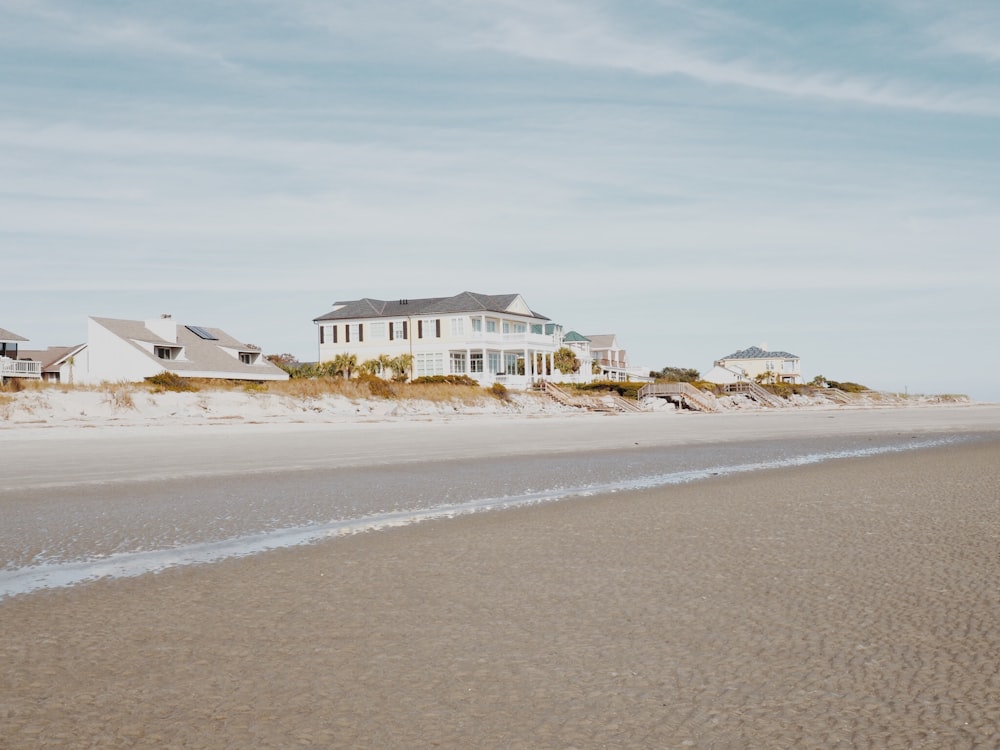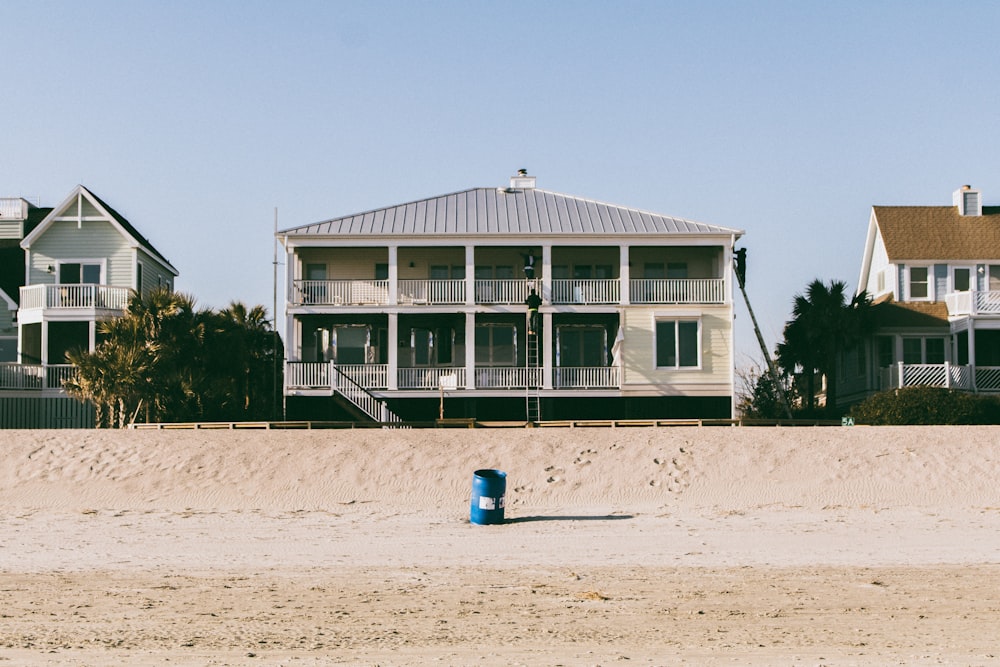What to look at when buying waterfront property to ensure you get the home that fits your needs.
Dreaming of a life in a seaside home? There are plenty of fabulous places in the country where you can live near the ocean or another body of water and enjoy the sound of crashing waves, lapping water, or the happy laughter of people having fun on the beach.
Buying a beach house is similar to buying a home located inland, but there are a few key differences you should be aware of. If you’re ready to begin looking for beach houses for sale, here’s what you need to know.
They Usually Have HOA or Property Management Fees
Want to buy a beach home as an investment property? You’ll likely have to pay a property management service to take care of it when you’re in residence. A property management company can coordinate landscaping, maintenance, pest control, and clean-up after guests have stayed there. Make sure you add this expense into your monthly budget if you don’t plan on living in the home full-time.
Whether or not you intend for your beach house to be a permanent residence, it will probably be located in a neighborhood with a homeowners association. An HOA will take care of things like community amenities and public areas. Some HOAs in beach areas may also act like a property management company and handle the tasks traditionally taken care of by those companies. Again, make sure you identify whether the beach real estate you are looking at has an HOA and add the monthly cost into your budget.

Have the Roof Inspected
Homes built on the coast have to endure a lot of severe weather, which can have a negative effect on the roof. Even if the roof appears to be in good shape, it’s still a good idea to have it inspected before putting in an offer. The best roofs on beach homes are metal since they can withstand extreme weather better than other materials. However, even these can get damaged in hurricanes or other storms with strong winds and rain. A roof replacement can cost $25,000 or more, so play it safe and confirm the roof is solid before you continue the process of purchasing the home.
Consider the Foundation
Homes located on the coast need to be weather-proofed against threats like hurricanes, coastal storms, and exposure to saltwater. If the home is located in a flood-risk area or if there is water surge potential, you may want to look for a home built on stilts. The home should also be built out of materials that are flood and high wind-resistant. FEMA suggests the best materials for coastal homes are concrete or naturally durable wood.

Proximity to the Water
There’s nothing like having a home right on the water, but it does come with some drawbacks. Pros of living right on the water are easy water accessibility, amazing views, and increased resale value. Cons are increased flood risk and insurance rates. It could also be a safety issue if you or your guests have young children. If you want to look at beach homes for sale directly on the water, ask a lot of questions about what materials they’re built with, and make sure you have the budget to make repairs when needed.
The Outdoor Area
When you look at beach real estate, the outside is just as important (or more important!) than the inside. Take plenty of time to look around the outdoor space and make sure it fits your needs. Is there room for a patio or deck? Is there a dock or space to install a dock? Is there easy access to the beach? Is the outdoor area peaceful, or does it get crowded during peak seasons? Ask your realtor lots of questions and determine which matters to you more when choosing a beach house: the indoors or the outdoors. If concessions need to be made to get the home you want at the price you can afford, in which area would you rather make it?
Insurance Rates
Your insurance rates will certainly be higher if you buy a beach house. In fact, the insurance premiums for flood insurance on a Florida beach home can be as much as $10,000 per year. Before you commit to buying beach real estate, talk with your insurance provider to see how much it will cost to properly insure the home and figure this into your budget before making an offer.

Look at Potential Rental Income
If you don’t plan to live in your beach home full-time, you’ll likely want to make some extra money by renting it. Assess whether the initial cost, monthly fees, and maintenance needs are too high, or you could have a tough time getting a good return on your investment. You also should consider that multiple-room homes rent more easily and for money than single-bedroom beach homes. Beach homes for sale may also be located in areas where there is an HOA. HOAs have strict rules regarding renting, so ask plenty of questions to ensure you can rent out your home once you buy it and any guidelines you need to abide by.
Meet the Neighbors
When you get serious about purchasing a beach home, make sure you take an opportunity to meet the people who live close by. Not only will they be able to give you more details about the neighborhood, but you'll be able to see early on whether you’ll fit in well with your neighbors. Some beach home neighborhoods are largely made up of retirees, while others are full of families or young couples. Knowing which group you will feel most comfortable around will help you choose the right home in the right neighborhood.
Ready to invest in beach real estate? There are some key differences between buying a beach home and a regular house. When you keep these differences in mind during your home search, you can make a choice you’ll be happy with for years to come.




